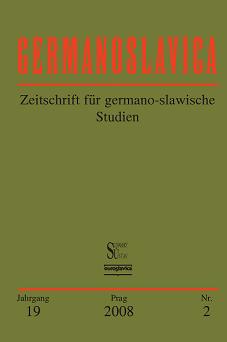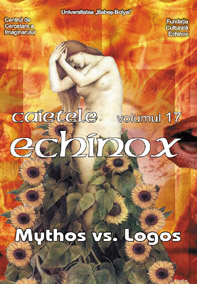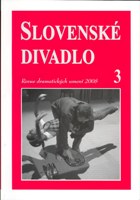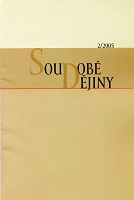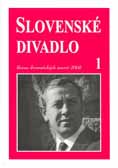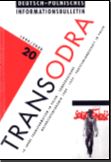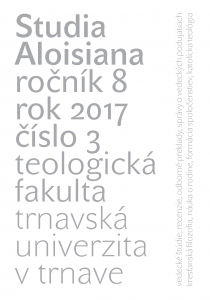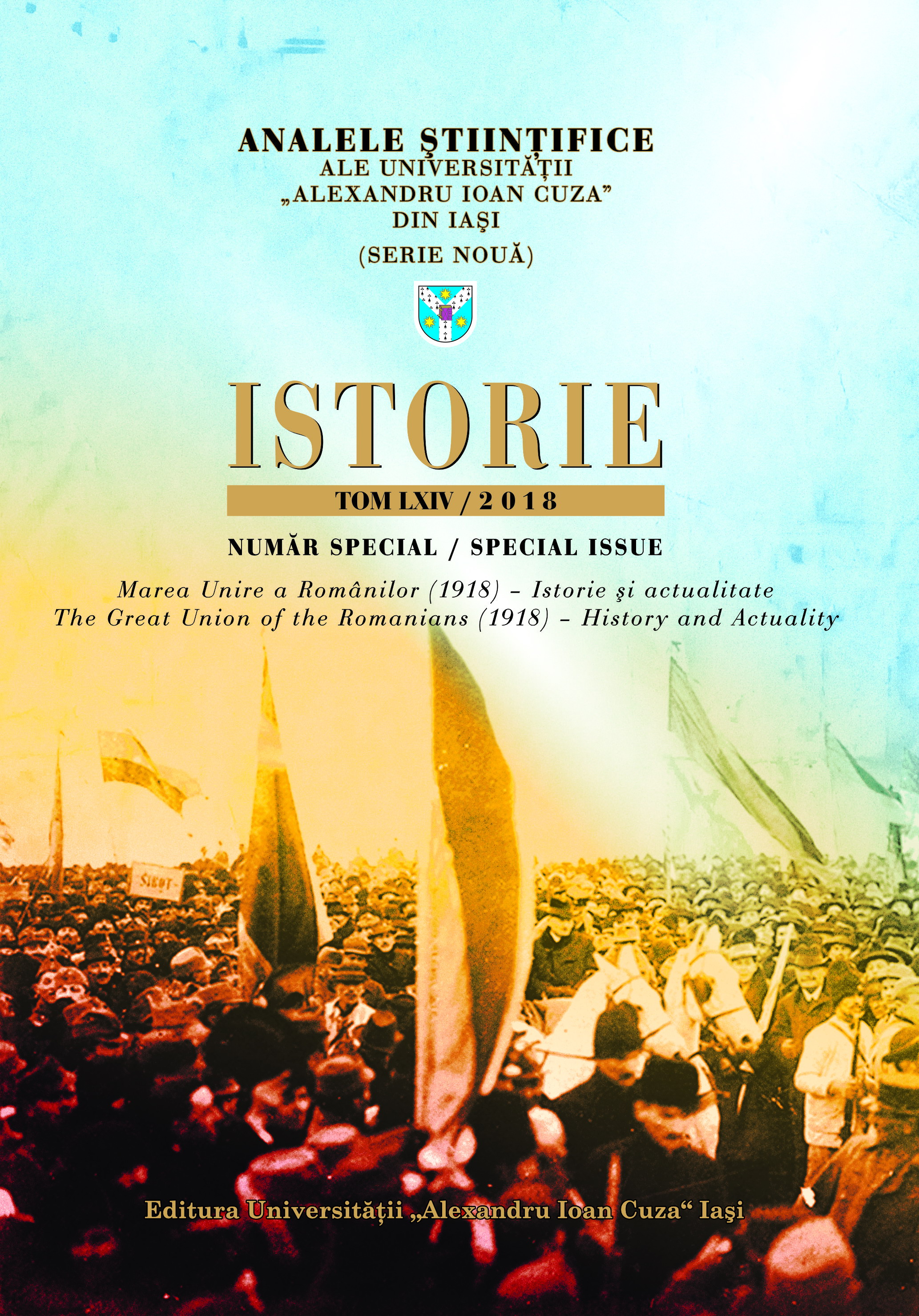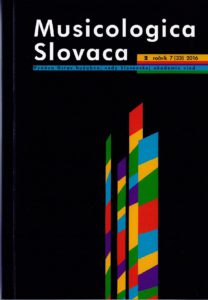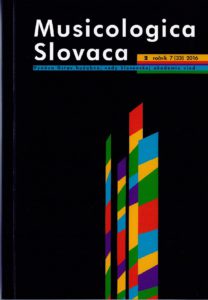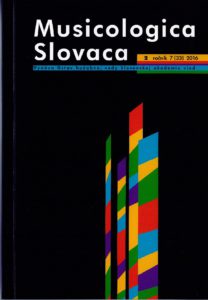Recenze
Author(s): Lukáš Babka / Language(s): Czech
/ Issue: 02/2005
Nelidský systém zobrazený na lidských osudech imořádná kniha o dějinách sovětského vězeňství
(An Inhuman System Illustrated Using Individual People's Lives: An Exceptional Volume on the History of the Soviet Prison System)
Applebaum, Anne. Gulag: Dějiny. Trans. from the English by Petruška Šustrová. Prague and Pilsen: Pavel Dobrovský - BETA & Jin Sevcfk, 2004, 604 pp.
This history, for which the author, a young American journalist and historian, received a Pulitzer Prize for the best work in history in the USA in 2004, constitutes, according to the reviewer, a milestone in our understanding of the machinery of totalitarian repression in the Soviet Union, as was Solzhenitsyn's Gulag Archipelago twenty-five years ago. (By Lukáš Babka)
Ježíšmarjá, vždy' ten Hus vypadá jako kněz! Průkopnický sborník o filmu a dějinách (Good Lord! Hus Looks like a Priest! A Pioneering Volume about Film and History)
Kopal, Petr (ed.). Film a dějiny. Prague: Lidové noviny, 2005, 406 pp.
According to the reviewer this is the first time Czech readers will have a volume of essays about the use of film as a historical source, and, moreover, in their contri¬butions the authors open up new ways of handling these topics. These include the illusion of authentic conveyance of historical reality by the documentary film, ide¬ological manipulation, and national stereotypes in film or the intersection of cine¬matography and historiographic conceptions of interpretation. (by Blahoslav Hruška)
Trauma - zrada – memento Mnichovská dohoda po pětašedesáti letech (An Incomplete History of the Free-Thinkers' Movement)
Němeček, Jan (ed.). Mnichovská dohoda: Cesta k destrukci demokracie v Evropě. Prague: Karolinum, 2004, 390 pp.
This essay volume (whose title translates as The Munich Agreement: The Road to the Destruction of democracy in Europe) is a result of a conference held in Prague in autumn 2003. According to the reviewer it could hardly claim to have discov¬ered never-before investigated areas of the Munich mosaic or approaches that would show it in a new light. Most of the individual contributions that the review discusses, however, are a solid recapitulation of the state of research on the inter¬national diplomatic context of the crisis in autumn 1938, the situation in Cze¬choslovak at that time, and the legal aspects.
An Unsuppressed History of the Resistance
Marek Syrný
Jablonický, Jozef. Samizdat o odboji: Štúdie a články. Bratislava: Kalligram, 2004, 528 pp.
The volume, whose title translates as 'Samizdat about the Resistance: Studies and Articles,' comprises eleven articles about the Slovak uprising and the resistance, which Jablonický wrote in the 1970s and '80s, when he was prevented from working open¬ly as an historian and the state authorities were systematically trying to hamper his scholarly work. (For example, the original versions of the some of the essays were con¬fiscated during police searches of his home).
More...

